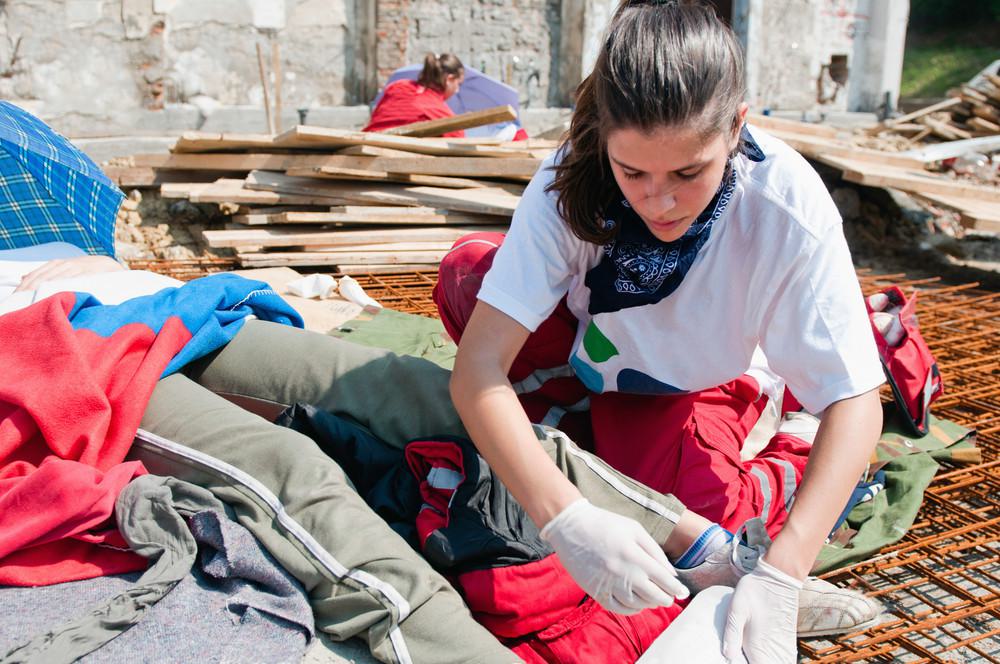Aid workers in the field: mitigating the risk of sexual violence

Aid workers are among the most vulnerable employees of any organisation we look after. There are multiple risks to be aware of, particularly when on the front lines of a humanitarian relief mission, and many factors that increase aid workers’ risk profile.
One factor is gender, with predominantly female aid workers experiencing sexual harassment, and even sexual assault, while doing their job.
While the impacts of sexual violence are severe around the world, the impacts can be worse in fragile post-disaster or post-conflict states where medical facilities are often sub-par, criminal justice systems weak and psychosocial support and counselling unavailable.
Managing these risks can be difficult, but the approach should generally consist of prevention, response and recovery.
Prevention
Prevention is all about preparing employees ahead of deployment. Ensuring aid workers know who the threat actors are in a given environment, understanding the risks and knowing how to mitigate them. Employing a buddy system, restricting movement to daylight hours, and offering advice around secure accommodation and transport are a good place to start. Incident reporting mechanisms should also be robust so that harassment is logged and dealt with before potentially leading to assault.
It is also about ensuring your organisational culture is accurately reflected in the field, by ensuring all staff – old, new, permanent and temporary – have an understanding of the organisation’s policy on sexual harassment, what constitutes it and what the consequences are, and can champion and follow the ethics of the organisation on the ground.
Response
There are a number of important considerations to take into account if prevention measures have failed. Emergency response plans should account for all possible risks and ensure that the resources required to respond to an incident have been sourced. In line with this, immediate medical care should be offered, potentially to include Post Exposure Prophylaxis and screening, should a sexual assault have occurred. Counselling may also be required at the time, or at a later date. Organisations must again consider this prior to deploying staff, as not all medical centres will be able to offer this service, particularly in remote environments.
Organisations should also have the ability to launch an investigation into incidents, with the aim of pursuing prosecution, or at least with the aim of reviewing where safeguarding policies have failed and improving them for future staff.
Recovery
Organisations have a duty of care to not just respond to the sexual assault of their field workers, but also to aid the field worker’s long-term recovery in whatever form that may take. In some cases, the individual may seek immediate counselling, while others may not seek support for many years, if at all. Organisations must ensure that there are adequate resources available to ensure that employees can access care, even if it is a long time after an incident occurs.
Organisations should also consider the impact an assault can have on other employees in the field. Support should be offered to all of those who are affected, and ensure communication channels are open so that field workers can voice their concerns.




